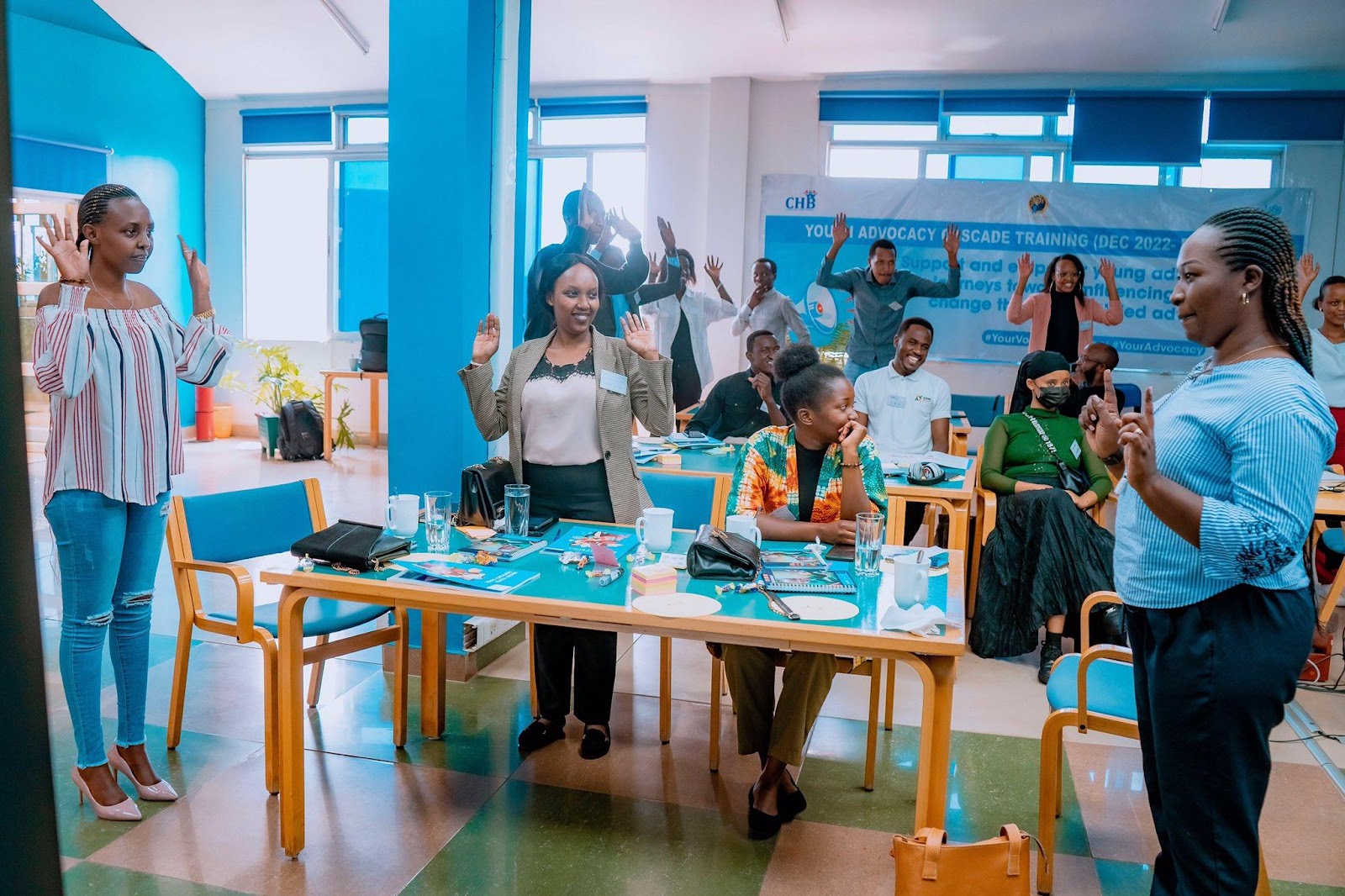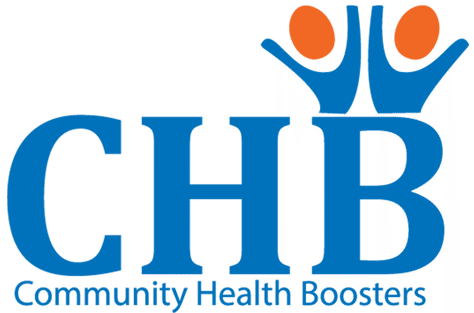In a way to meaningfully engage the young people in and enhance the youth-driven advocacy, in September 2022, UNICEF ESAR conducted Youth Advocacy Champion Training of Trainers (ToT) based on the Youth Advocacy Guide (YAG) and participants were young people from Eastern and Southern Africa including Rwanda. After ToT training, all trained youth advocate champions committed to conducting cascade training in their respective countries so that YAG can be disseminated to many people.
It is in that background, trained youth advocate champions from Community Health Boosters (CHB) and Care and Help Organization have organized and conducted 4 cohorts of cascade training under the sponsorship of UNICEF Rwanda.
The Cascade training is a continuation of UNICEF ESARO’s and UNICEF Rwanda’s efforts to work with young people to build up a cohort of young advocates and YAG trainers in the region. Youth-led advocacy and the YAG are dependent on building a critical mass of young people who understand the principles, key actions, and strategies for conducting advocacy and how to train peers in these.
The UNICEF Youth Advocacy Guide (YAG) is a resource created by young people, for young people, to support and empower young advocates on their journeys towards influencing meaningful change at local, national and global levels.

The YAG cascade training was conducted in 4 distinguished cohorts, 3 days for each cohort, from December 2022 to January 2023 (12th –14th Dec 2022, 9th -11th Jan 2023, 16th-18th Jan 2023 & 23rd-25th, 2023). Under these training, the total of 81 young advocates (39 girls and 42 boys), with advocacy issues ranging from sexual and reproductive health, Gender equality, mental health, child protection, climate change, education, one health, Disability Inclusion, and Non-Communicable Diseases (NCDs). These young people represent various youth-led organizations and networks, students’ associations, and community-based organizations, and are hailed from different districts of Rwanda. Some representatives of the National Youth Council also took part in the training.
All cohorts received the same package and the training was delivered in a youth-friendly, conducive, and inclusive environment that enabled all the participants to learn and engage comfortably. The training was delivered through presentations; group work and assignments with a high participation and engagement of the trainees.
Apart from the advocacy skills, networking and learning from one another, the trained youth advocates saw the need to stay connected and amplify their work together. Therefore, they informally established the Youth Advocates Network (YAN), a like-minded peer network to further the causes most meaningful to them and have a built-in support system that will contribute to their overall advocacy success and mental well-being.
The participants called distinguished stakeholders to support and engage the established Youth Advocates Network, the expansion of the YAG trainings to reach as many youths as possible and making it a continuous yearly program.

